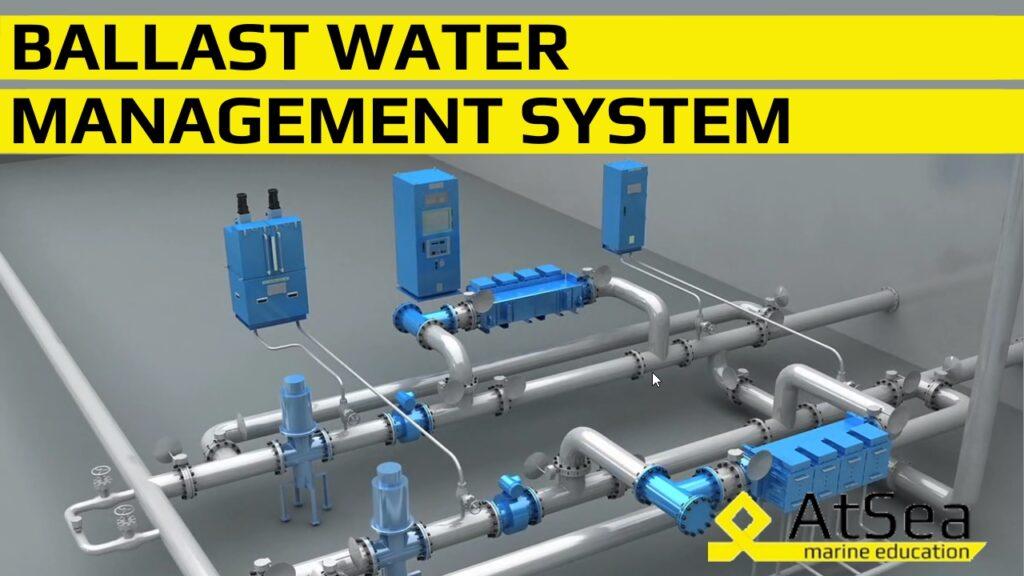Temnikov Alexandr Sergeevich

There are two most common types of ballast water treatment systems on vessel board today: BWTS of electrolysis type and Ultraviolet BWTS. In accordance with international rules all ships must be refitted and equipped by this system. Ballast water treatment system is integrated basically on new vessels that are created today. Knowledge of key futures, technical operation rules and maintenance of current BWTS – is a foundation of successful interview and tests passage + effective operation and maintenance of this system on board of the vessels. During the studying of this course you can contact with AtSea Team for organization of certification. After successful passage you will have AtSea «Ballast water Management System» certificate.
In this course you will get description of BWTS construction, principle of operation, maintenance of full system and distinct units.
Also will be observed each unit of the system:
Сourse №1 indicates general information about operation principles based on BWTS of electrolysis type. You will get thoroughly information about sea water electrolysis, formation and designation of hypochlorite as main disinfectant substance in installations of this type. Also, you will find theoretical moments for safe operation and vital experience knowledges, that are adopted by real pictures from board of the vessels, that are equipped with this system. These knowledges will very useful for marine engineers, navigators, who didn’t work with this systems and for seafarers who will operate it in future.
In this course we diligently discuss peculiarities of construction, maintenance and principle of operation of ultraviolet ballast system. You will familiarize with accumulated experience of operation BWTS of this type. This video is perfect addition to the course with electrolysis type. It will be interested for young engineers and also for skilled seafarers, who have been worked a long time at sea.
In this course we will continue observation of technical characteristics and maintenance of ballast water treatment system as electrolysis type and ultraviolet too. Distinct unit of this course is description of Alarms during the operation.
In this course you will get general indication of real installation Cross-Tech BWTS. Special attention is devoted to Alarms: TRO low level and high, alarms which are related to high temperature of cooling water, that are cooled the installation.
During this course you will acquaint with ballast operations on gas carrier fleet. Also will be observed peculiarities of maintenance and operation. Marine engineers are frequently encounter with specifically troubles that are occurred on LNG carriers. Accumulated information will be useful as BWTS specificity of operation and like particularity during transporting LNG.
To the continue of previous course we will pay attention to peculiarities of ultraviolet Pᴧnasiᴧ ballast water treatment system. Will be discussed Alarms and troubleshooting of it. Operation of this unit on gas careers. Besides of BWTS information we will speak about transporting of LNG by sea.
Course is in processing now and will publish soon.
In this course AtSea team will familiarize you with construction peculiarities of BW pumps. Principle of operation and maintenance are also discussed. The reason of cavitation occurrence in the pumps (wear of Wear Ring). We will investigate the question about ejector unit (Vacuum attach pump), construction and operation characteristics.
Distinct and essential unit is the requirements of International Marine Conventions interconnected with Ballast Water Treatment Systems
The course will be interesting for Engineers and Navigators who are responsible for this system, and for all Seafarers who have aspiration to increase their knowledges and skills.
